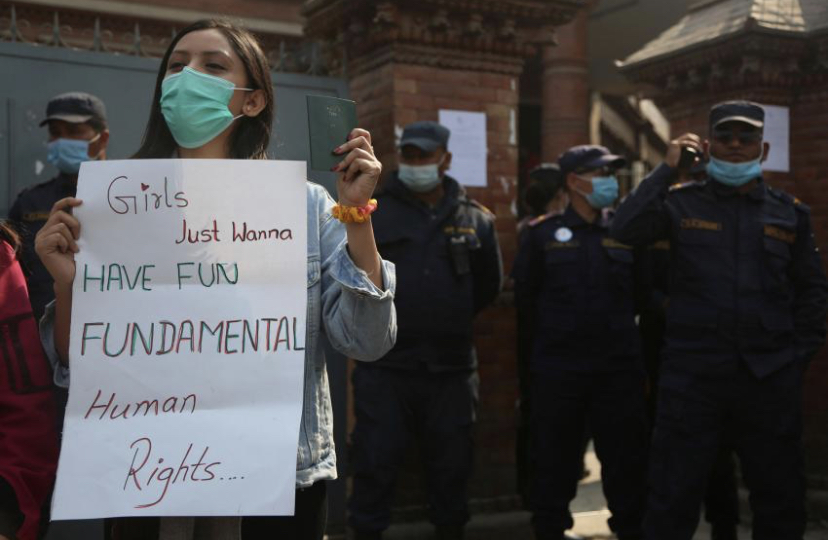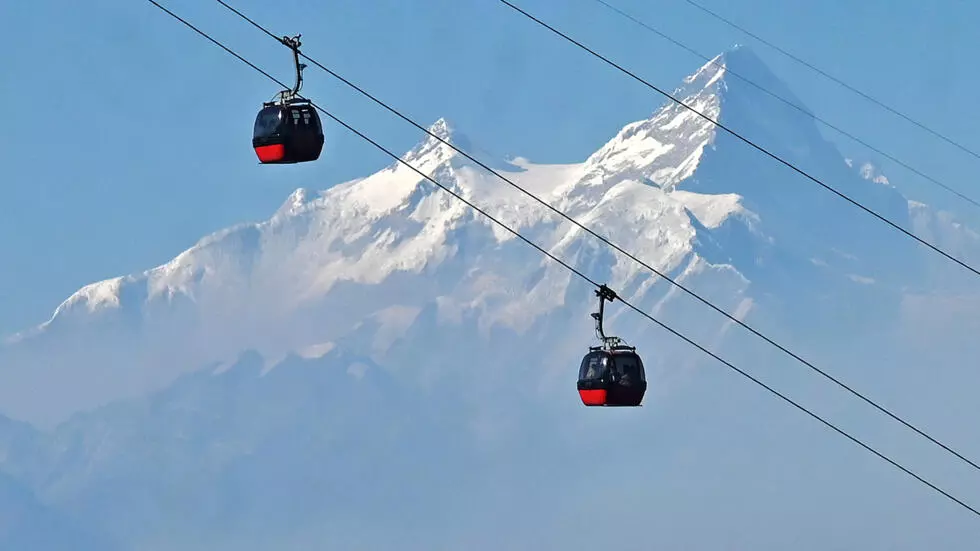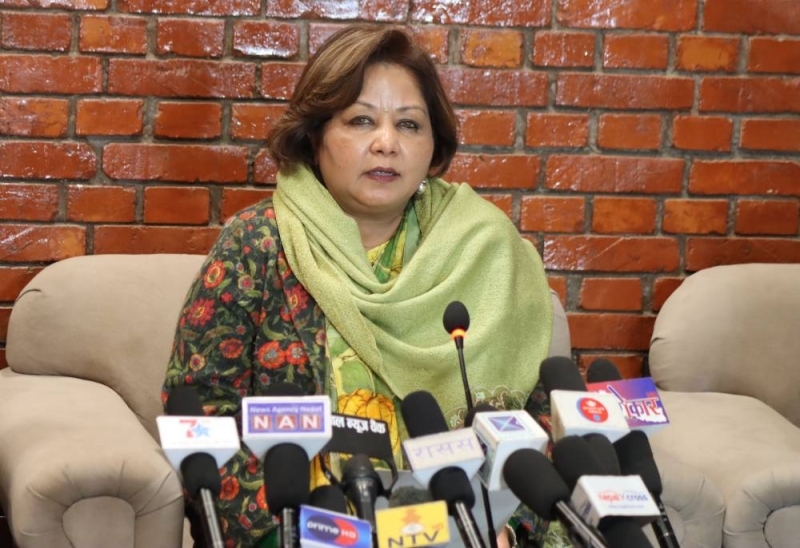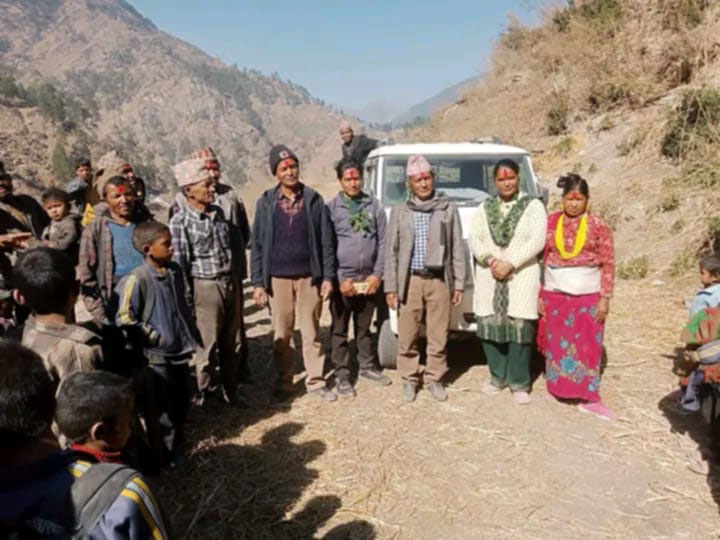Nepal Plans to Limit Women’s Travel for Work, Again

For decades, Nepal’s government has responded to incidents of abuse and exploitation of Nepali women working abroad by imposing one misguided rule after another, restricting their right to travel and earn a living. The latest proposals will make a bad situation even worse for these women.
Under new proposals by the department of immigration, any Nepali woman under the age of 40will soon need the permission of her family and her local government ward office – among other requirements – before she can travel abroad alone. The proposals have been sent to the home ministry for approval and could come into force soon.
Such thoughtless regulations are harmful. They’re also an insult to women’s dignity. Nepali women have reacted with fury to the proposal. Mohna Ansari, a human rights lawyer, said the rules would violate “constitutional provisions that guarantee equal and fair treatment of all citizens and call for ending gender-based discrimination.”
The new proposals and rules already in place discriminate—unlawfully—based on gender and age and deny women autonomy. They also force women into riskier, undocumented employment, increasing the danger of trafficking and abuse.
Restrictions on Nepali women’s foreign employment date back to the first Foreign Employment Act in 1985. In 2012 the government banned women under 30 from working in Gulf states, and over the following years the age threshold and geographical scope of the ban have repeatedly changed. Under current rules Nepal bans its citizens from domestic work—a sector in which 80 percent of employees are women–in several countries, mostly in the Gulf. As a result, while the Nepali economy relies on remittancesfrom migrant workers, less than 10 percent of documented migrant workers are women. Meanwhile, there are frequent incidents of Nepali women being trafficked by dangerous routes to countries where the government bans them from seeking employment, putting them at greater riskof abuse and exploitation. If they are subjected to abuse it is harder for them to get help, and they are not entitled to compensation for sickness, death or injury under the government’s scheme because they are undocumented.
HRW — The abuse of migrant workers, including women, is a serious problem, but these policies only make it worse. Instead of denying a woman her right to leave her country, the Nepali government should better regulate recruitment agencies, work with destination country governments to put protections in place, and respond effectively to provide protection services when abuses occur.
The Nepali government should include women in decision making, instead of treating them like children and second-class citizens.



















Facebook Comments